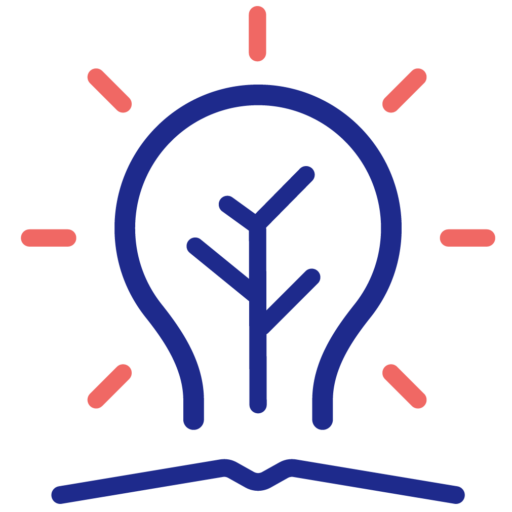
After structuring your workflow and breaking down large tasks into manageable steps, the next challenge is finding the motivation to tackle them. Sometimes, it’s not the task itself but how we perceive it that determines whether we procrastinate or push forward. By shifting your mindset, you can approach routine tasks with greater motivation and meaning.
Define your purpose
Connecting a task with its larger purpose is a powerful way to change your perception of it. Routine activities such as formatting references or proofreading might seem tedious, but they are crucial for maintaining the quality of your work. Understanding the value behind these tasks can transform your attitude and create a sense of importance. Ask yourself, why is this task essential to my project’s success? Framing it as part of a bigger picture can make it more meaningful and rewarding.
Link to long-term goals
Consider how the task contributes to your broader academic or career objectives. For example, spending time on meticulous data organisation supports the quality of your analyses and boosts the integrity of your results, leading to impactful publications and future career advancement. This long-term perspective can shift a mundane task from feeling like a burden to being an investment in your future success.
Visualisation techniques
Visualisation is a mental strategy that can enhance motivation and task engagement. Before you begin, take a moment to envision how completing the task will contribute to your day or long-term goals. Picture the relief of having your work polished, submitted, or presented without last-minute stress. Neuroscientific research shows that mental imagery can activate the brain’s reward centres, fostering a sense of accomplishment before you even start. This can make starting and continuing tasks more manageable and satisfying.
Practise gratitude
Gratitude can be a surprisingly effective tool for managing tedious work. Reframing your thinking to find value in the task can shift frustration into appreciation. For instance, while editing a document might seem monotonous, it’s an opportunity to sharpen your attention to detail—a skill that pays off in all aspects of research. Simple affirmations such as this task helps build my expertise can reinforce a positive mindset and reduce procrastination.
Summing up
Reframing your mindset can transform routine, uninspiring tasks from obstacles into essential parts of your work process. By connecting tasks to their larger purpose, linking them to long-term goals, visualising their positive outcomes, and practising gratitude, you can shift your approach and maintain motivation. These strategies allow you to approach even the most monotonous tasks with a sense of purpose and energy, making your day-to-day research workflow more rewarding and sustainable.
References
Clear, J. (2018). Atomic habits: An easy & proven way to build good habits & break bad ones. Penguin Random House.
Csikszentmihalyi, M. (1990). Flow: The psychology of optimal experience. Harper & Row.
Duckworth, A. L. (2016). Grit: The power of passion and perseverance. Scribner.
Dweck, C. S. (2006). Mindset: The new psychology of success. Random House.
Emmons, R. A., & McCullough, M. E. (2003). Counting blessings versus burdens: An experimental investigation of gratitude and subjective well-being in daily life. Journal of Personality and Social Psychology, 84(2), 377–389. https://doi.org/10.1037/0022-3514.84.2.377
Locke, E. A., & Latham, G. P. (2019). Goal setting theory: Controversies and reflections. Advances in Motivation Science, 6, 59–92. https://doi.org/10.1016/bs.adms.2019.01.002
Lyubomirsky, S. (2014). The myths of happiness: What should make you happy but doesn’t, what shouldn’t make you happy but does. Penguin.
Pink, D. H. (2009). Drive: The surprising truth about what motivates us. Riverhead Books.
Schwartz, T. (2010). The importance of purpose in work. Harvard Business Review, 88(6), 78–84.
Seligman, M. E. P. (2018). The hope circuit: A psychologist’s journey from helplessness to optimism. PublicAffairs.

